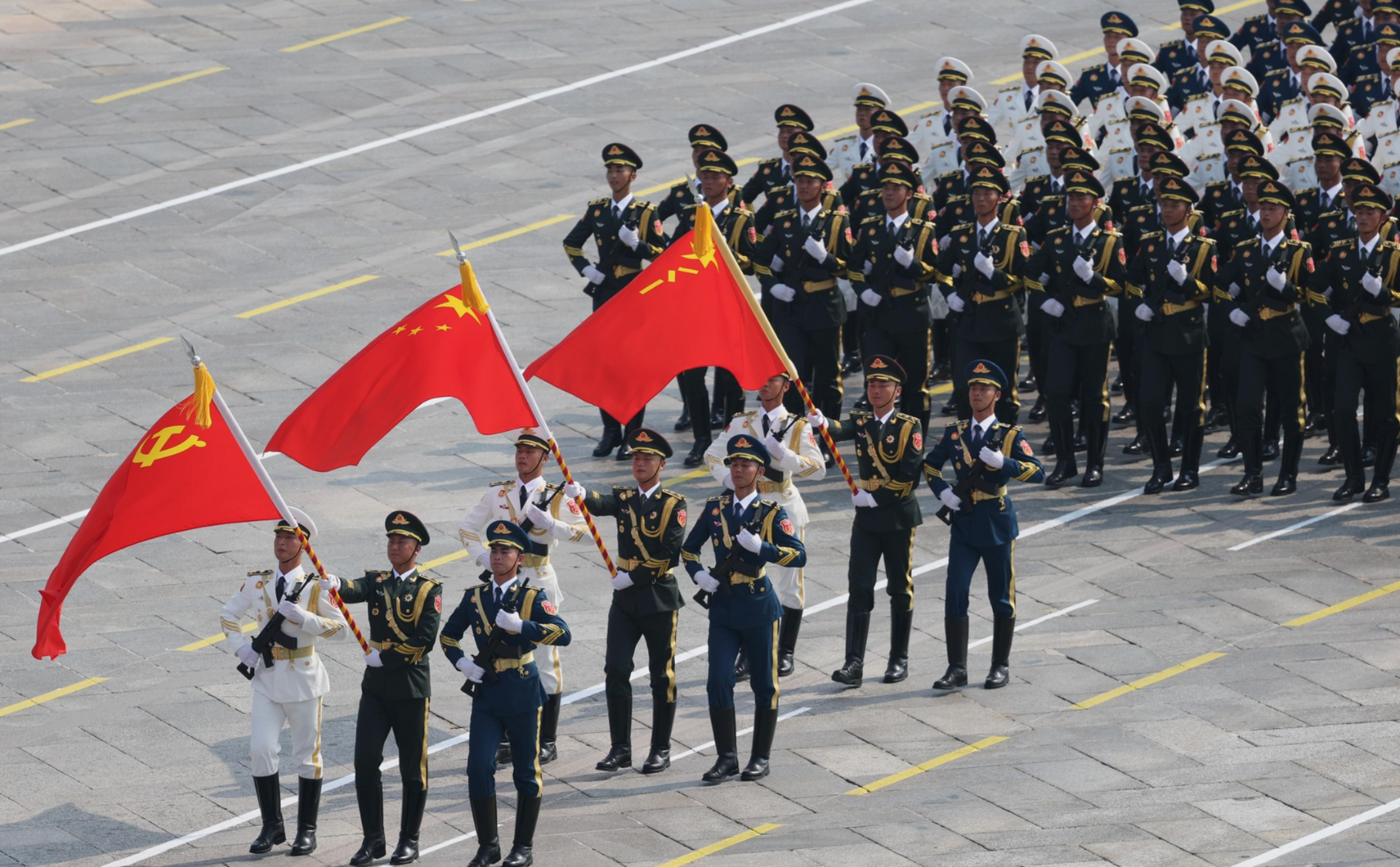Written by Seungwan Kim and Jun Sun Yoo
Washington increasingly expects allies not only to share regional defence burdens but also to expand industrial capacity, co-invest in critical technologies, and assume greater responsibility for deterring China. An East Asian AUKUS framework could align with these expectations by signalling Seoul’s commitment to Indo-Pacific security while adding industrial and operational depth to alliance deterrence.
Read More
















